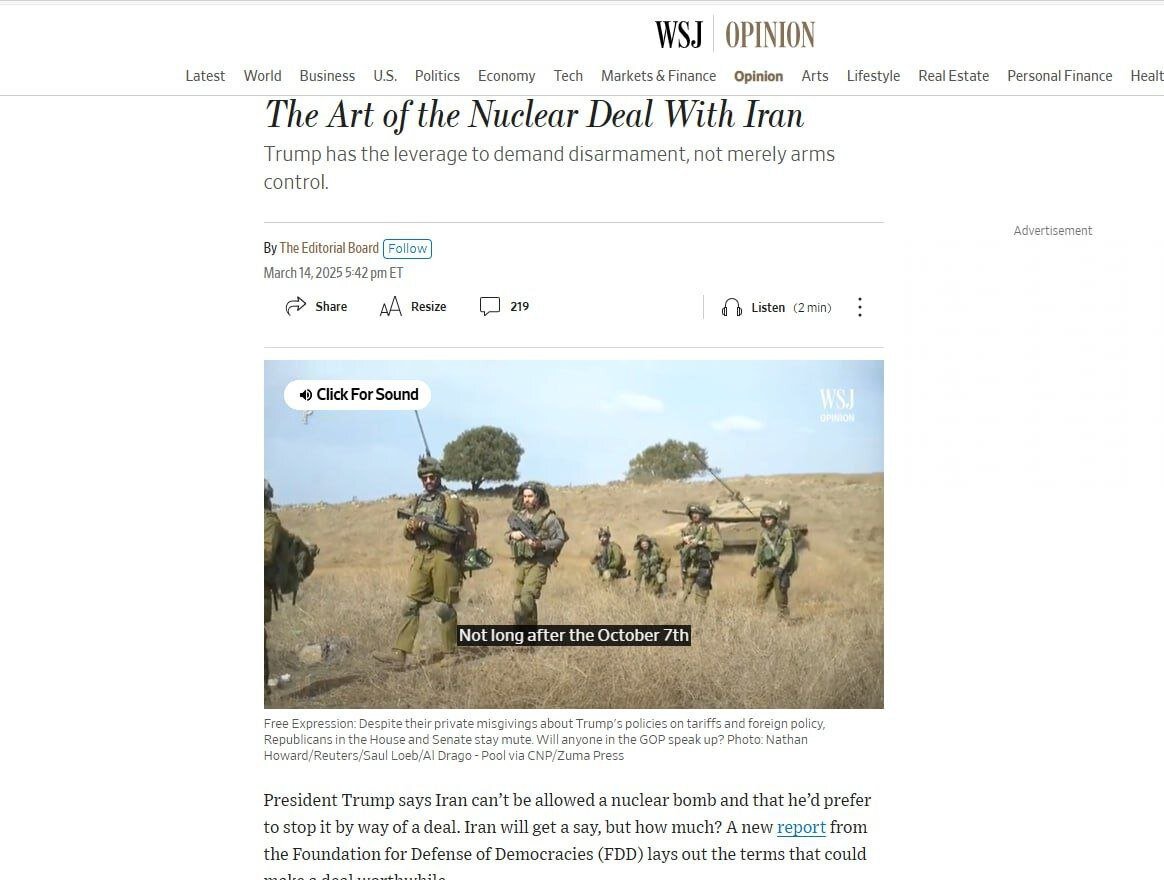INSUBCONTINENT EXCLUSIVE:
this storyline is fundamentally problematic
It overlooks the historical background of Iran's nuclear initiative, the double standards of United States and Israeli actions, and the
repercussions of previous Western interference in West Asia
For genuine diplomacy, Washington should shift from coercion to a fair and respectful method of negotiation.Hypocrisy of nuclear disarmament
But these comparisons do not hold up
South Africa abolished its nuclear program as part of a peaceful shift away from apartheid, and not due to external pressure
shield the Libyan regime from Western intervention
Iran is fully cognizant of this history and sees no reason to think that unilateral disarmament would result in security or
stability.Furthermore, the expectation for Iran to give up its nuclear program is a clear double standard
Iran is a party to the Nuclear Non-Proliferation Treaty (NPT) and has consistently permitted inspections by the International Atomic Energy
Conversely, Israel, which has nuclear weapons, has never signed the NPT and does not permit international inspections of its nuclear sites
However, there is no demand for Israel to surrender its weapons
If the aim were genuinely non-proliferation, Washington and its partners would enforce the same standards for all parties, not solely for
those they consider rivals.The article depicts Iran as a country that uses negotiations to gain more time for its nuclear program
However, history reveals an alternate narrative
The 2015 Joint Comprehensive Plan of Action (JCPOA) was a significant agreement that imposed stringent restrictions on Iran's nuclear
operations in return for the easing of sanctions
Iran adhered to the agreement, as verified by the IAEA on several occasions
In 2018, the Trump administration withdrew from the agreement unilaterally and reinstated sanctions, even though Iran fully complied
This action shattered the last remnants of confidence in United States diplomatic efforts.After the United States withdrawal, Iran
The idea that Iran is the party responsible for breaking agreements is a deliberate misrepresentation of the facts
made in the article is that Iran has a fragile economy and that heightened sanctions will compel the government to surrender
This is the identical approach the United States has employed for years, and it has repeatedly proven unsuccessful
Although sanctions have certainly impacted everyday Iranians, they have not caused the government to fall or compelled Iran to give up its
Conversely, they have merely intensified suspicion and prompted Iran to pursue different economic allies, like China and Russia.The
assertion that Iran's economy is about to collapse is likewise deceptive
Despite enduring years of economic strain, Iran has adjusted by enhancing its domestic industries and creating new trade alliances
The belief that Iran will ultimately be subdued overlooks the nation's resilience and the fact that economic warfare frequently fortifies,
rather than diminishes, national resistance.Additionally, sanctions primarily impact civilians while having minimal effect on altering
Iranian households face challenges due to inflation, shortages of medicine, and various difficulties, all while the government remains
If the United States genuinely aimed to assist the Iranian people, it would participate in sincere negotiations instead of resorting to
conflict, suggesting that ongoing resistance may result in an assault on its nuclear sites.If stability in West Asia is the objective, then
The very groups insisting that Iran relinquish its arms are themselves equipped with nuclear weapons and sophisticated military technology
The communication is straightforward: nuclear arms are permissible for United States allies, but not for nations that oppose American
that requires complete surrender without providing anything in exchange.Instead of reiterating historical errors, the United States should
acknowledge that diplomacy demands mutual respect, not threats
Only then can a genuinely just and enduring agreement be achieved.

